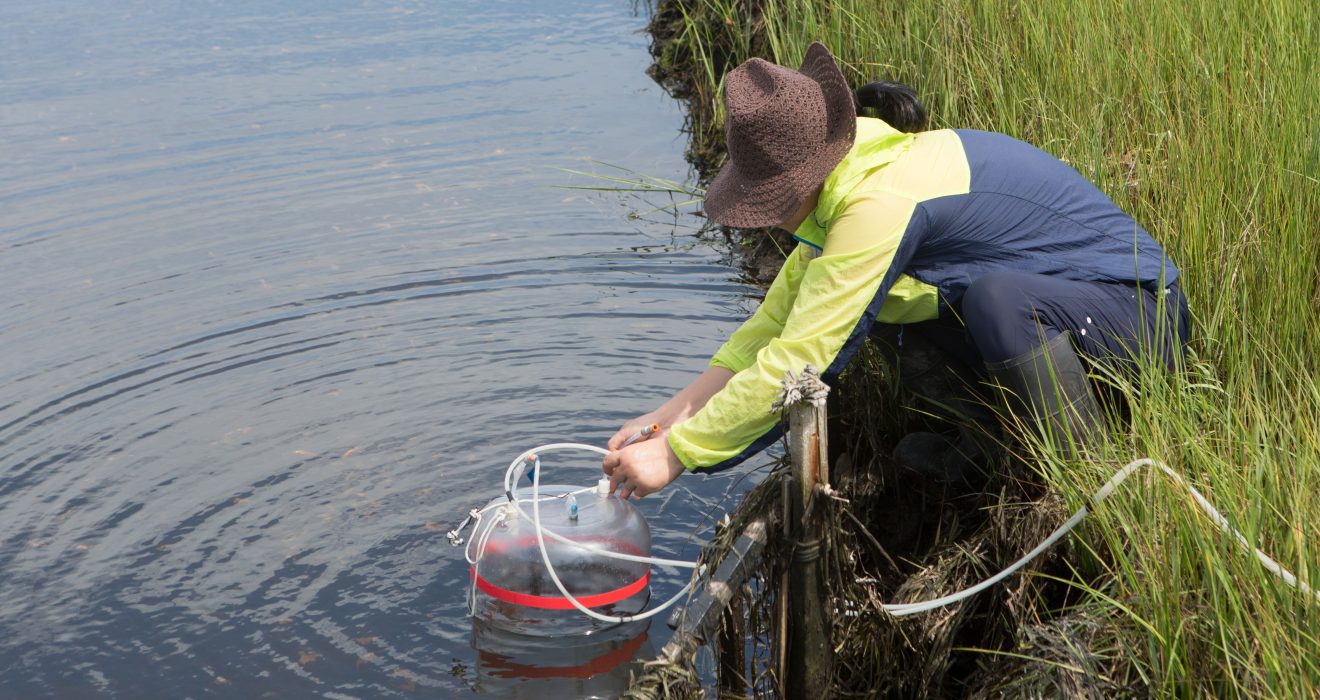Newcastle University researchers have invented a revolutionary humidity-driven membrane that uses ambient energy to efficiently remove carbon dioxide (CO₂) from the air. This innovative method addresses the essential difficulty of direct air capture (DAC), which has been named one of the “Seven Chemical Separations to Change the World.” The novel [...]










